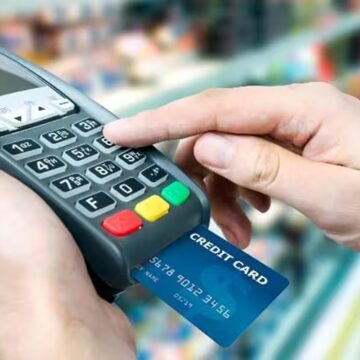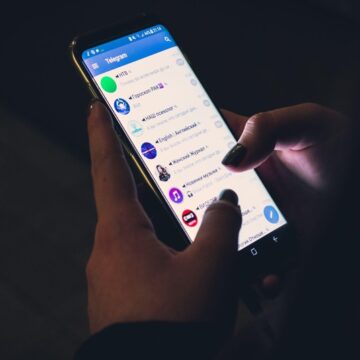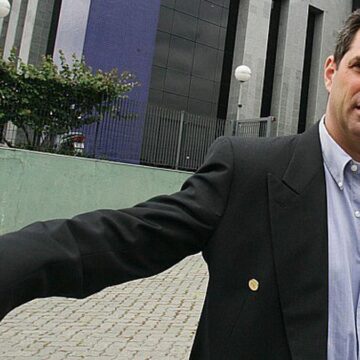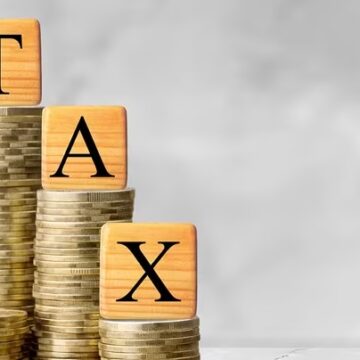In the long distance race universe of competition poker, keeping up with your psychological edge is fundamental. Duncan Wilkie investigates how you can keep up with your concentration from direct to near tie.
To say that the last table at the World Series of Poker Europe Main Event last October was a perseverance test is a tremendous misrepresentation. After almost 22 hours and 484 hands of pretty much consistent play, John Juanda arose triumphant against youthful Russian peculiarity Stanislav Alekhin, trailed by the aggregate moan of alleviation that exuded from the rail. On the off chance that the occasion had been such a truly and intellectually depleting experience for the fans, envision how it more likely than not felt for the two warriors compelled to duke it out as far as possible.
Presently, without wishing to overlook the muddled range of ability elements and fortune that decided the possible victor, most would agree that some place into the twelfth hour of poker, exhaustion began to assume an undeniably huge part. Alekhin himself conceded after the occasion that now and again his judgment was impacted by the psyche inclination to completely finish as fast as could be expected.
Juanda, then again, drew on all of his major event experience to remain focussed and alert all through the whole tiresome meeting and skiped back from a few chip-shortages to at last catch the title and a £868,800 payday. Surely, Juanda will have his own mysteries on the best way to remain intellectually sharp during an extensive competition, however let us currently think about a portion of the essential changes you can make to keep ideal fixation after a long enough time-line.
Connecting, Tuning Out
Presently, we’ve all seen any semblance of Phil Ivey and Daniel Negreanu plug themselves into their iPods for an extensive meeting, and there’s surely nothing off about a touch of music to keep you engaged at the table. In any case, as with such countless things in poker, there is a flip side. Continuously remember that when you’re paying attention to music, you’re passing up imperative aural data.
Regardless of the earphones, you can wager that Ivey and Negreanu are paying attention to everything being said when they’re in a pot-and you also should hit the interruption button when the hold them divine beings call you right into it. Have a go at paying attention to your music in explodes, with most of time spent connected happening in early position when you’re less responsible to play hands. Additionally, continually wrenching your music up to 11 will break your psychological lucidity and a Metallica-incited blood rush could end up costing you your competition.
Hitting the Breaks
Alright, so you’ve been playing a competition for two hours and it’s the ideal opportunity for a brief break. What number of you pick to utilize an opportunity to track down your mates or table-mates and examine the past level’s hands before play resumes? We’ve all been there, yet actually this issue sharing can be massively counter-useful. A break in a competition ought to be actually that. Assuming you don’t separate yourself from the game for a couple of moments you’ll deny your psyche the potential chance to revive itself and you will not as expected recuperate from the last time frame’s efforts. At times it’s important to absolutely get up, take a stroll to clear your head.
Drinking Clearly
John Juanda might have professed to have brought down a few 80-odd cups of tea in transit to his WSOPE triumph, however as a general rule the caffeine addicts at your table will be the ones who come to a standstill in the last option phases of a competition.















